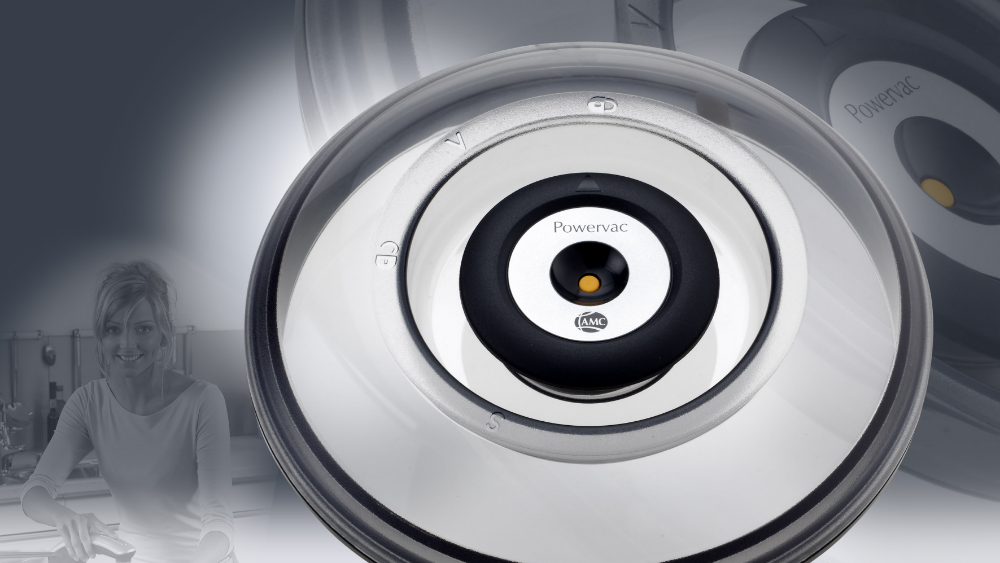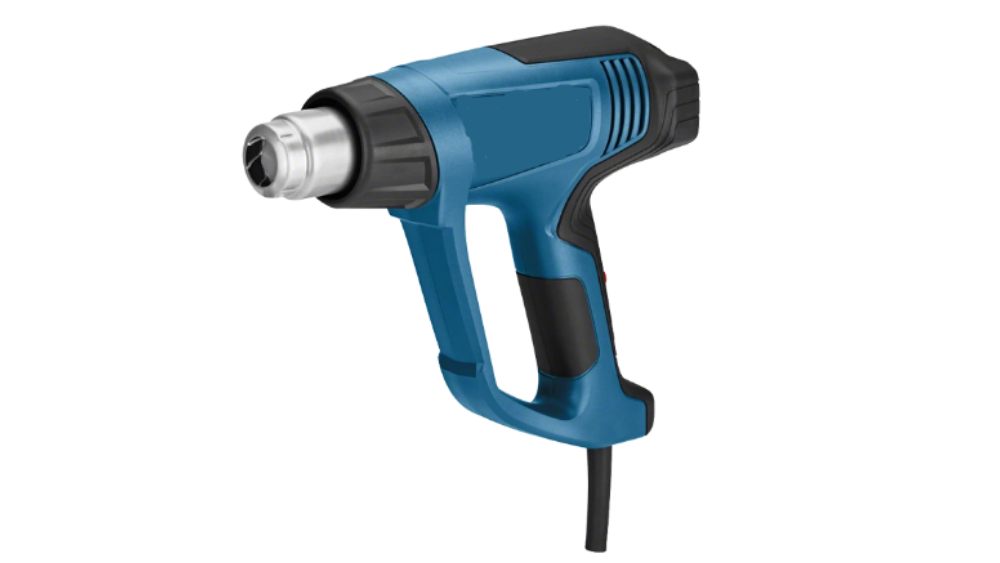Your Polymer Partner
Call Us Now+886 2 8729 9199
Consumer goods
Engineering polymers are a diverse class of materials that are used in a wide range of industries, including automotive, consumer goods, electrical/electronics, sports, and medical/healthcare.
Consumer goods
Consumer goods require a broad spectrum of properties, ranging from low to high temperature resistance, chemical resistance, and compliance with various water and food regulations. Bisphenol A (BPA), a precursor to important plastics like polycarbonates, epoxy resins or polysulfones, has been linked to reproductive, immunity, and neurological problems. It is crucial to consider these factors when selecting materials for consumer goods.
Engineering polymers offer several advantages for consumer goods applications, including:
Attractive appearance:
Engineering polymers can be formulated to have a variety of finishes, including glossy, matte, and textured.
Chemical resistant:
Engineering polymers are resistant to a variety of chemicals, making them ideal for use in food packaging and other applications where chemical resistance is required.
Durable:
Engineering polymers are durable and can withstand everyday wear and tear.
Safe:
Engineering polymers are non-toxic and safe for use in a variety of consumer goods applications.
Applications
Household

Coffee machine
Blenders
Utensils
Cookware
Power Tool

Power tool components
Lawn mover
Furniture

Chair bases
Hinges
Bed springs
Baby care

Strollers
Bottles
Seats
Overmolding parts
Grip
Products
Polyamides (PA):
Polyamides, commonly known as nylon, exhibit excellent mechanical strength, chemical resistance, and durability. These properties make them ideal for applications requiring tough materials, such as gears, bearings, and other mechanical components in machinery.
The ongoing trend towards lightweight materials in machinery for energy efficiency and environmental sustainability positions polyamides as a key player. Their versatility in different formulations allows for customization to meet specific industry needs, paving the way for innovative designs and improved performance.
The ongoing trend towards lightweight materials in machinery for energy efficiency and environmental sustainability positions polyamides as a key player. Their versatility in different formulations allows for customization to meet specific industry needs, paving the way for innovative designs and improved performance.
Bio-based Polyamides (PA):
Bio-based polyamides, derived from renewable resources, offer similar mechanical strength, chemical resistance, and durability as traditional polyamides. They are well-suited for applications requiring tough materials in machinery components. PPA combines high-temperature resistance with excellent chemical and mechanical properties. It is particularly suitable for components exposed to harsh conditions, like automotive and industrial machinery parts.
As sustainability becomes a key focus in the industry, bio-based polyamides provide an eco-friendly alternative. Their use aligns with the growing demand for materials that reduce reliance on fossil fuels and decrease the carbon footprint of machinery. As industries push for higher operating temperatures and more stringent performance requirements, PPA’s ability to withstand extreme conditions positions it as a material of the future. It contributes to the development of machinery capable of operating in challenging environments.
As sustainability becomes a key focus in the industry, bio-based polyamides provide an eco-friendly alternative. Their use aligns with the growing demand for materials that reduce reliance on fossil fuels and decrease the carbon footprint of machinery. As industries push for higher operating temperatures and more stringent performance requirements, PPA’s ability to withstand extreme conditions positions it as a material of the future. It contributes to the development of machinery capable of operating in challenging environments.
Post-Consumer Recycled (PCR) Polycarbonate:
PCR Polycarbonate, derived from recycled sources, retains the beneficial properties of traditional PC such as transparency, impact resistance, and flame retardancy. It is suitable for applications like housings, covers, and components requiring both strength and optical clarity.
With an increasing focus on sustainability, PCR Polycarbonate is poised to play a crucial role in the development of eco-friendly machinery. Its use aligns with the industry’s commitment to reducing environmental impact and promoting circular economy practices.
With an increasing focus on sustainability, PCR Polycarbonate is poised to play a crucial role in the development of eco-friendly machinery. Its use aligns with the industry’s commitment to reducing environmental impact and promoting circular economy practices.
Thermoplastic Elastomers (TPE):
TPEs offer a balance of flexibility, durability, and ease of processing. They find application in seals, gaskets, and grips for machinery, providing a soft-touch feel and vibration dampening.
Empilon TPEs play a crucial role in enhancing user experience and reducing noise and vibration in machinery. With the growing emphasis on user comfort and noise reduction, TPEs contribute to the development of machinery that is not only functional but also user-friendly.
Empilon TPEs play a crucial role in enhancing user experience and reducing noise and vibration in machinery. With the growing emphasis on user comfort and noise reduction, TPEs contribute to the development of machinery that is not only functional but also user-friendly.
Bio-based Thermoplastic Elastomers (TPE):
Bio-based TPEs offer flexibility, durability, and ease of processing. They are used in seals, gaskets, and grips for machinery, providing a soft-touch feel and vibration dampening.
The adoption of bio-based TPEs contributes to reducing the environmental impact of machinery. This aligns with the industry’s commitment to incorporating sustainable materials into products and processes.
The adoption of bio-based TPEs contributes to reducing the environmental impact of machinery. This aligns with the industry’s commitment to incorporating sustainable materials into products and processes.
Sulfone Polymers (PPSU, PES, PEI):
Sulfone polymers exhibit high-temperature resistance, chemical resistance, and flame retardancy. They are used in components where exceptional thermal and mechanical properties are required.
The trend towards miniaturization and higher efficiency in machinery requires materials that can withstand demanding conditions. Sulfone polymers, with their combination of properties, are poised to contribute to the development of compact, high-performance machinery.
The trend towards miniaturization and higher efficiency in machinery requires materials that can withstand demanding conditions. Sulfone polymers, with their combination of properties, are poised to contribute to the development of compact, high-performance machinery.
Conclusion :
These polymers are expected to play an increasingly important role in the consumer goods market due to their ability to meet the evolving demands of consumers and manufacturers. The use of these polymers can help to:
- Enhanced product quality: These polymers offer superior strength, durability, and resistance to wear and tear, leading to longer-lasting and more reliable consumer goods.
- Improved product performance: The properties of these polymers enable the creation of products with enhanced functionality, efficiency, and safety features.
- Increased sustainability: These polymers can contribute to sustainable practices by extending the lifespan of products, reducing waste, and improving resource efficiency.
- Enhanced brand reputation: By providing high-quality, durable, and innovative products, our customers can strengthen their brand reputation and customer loyalty.
- Reduced product recalls: The superior properties of these polymers can minimize product defects and failures, leading to fewer product recalls and associated costs.
